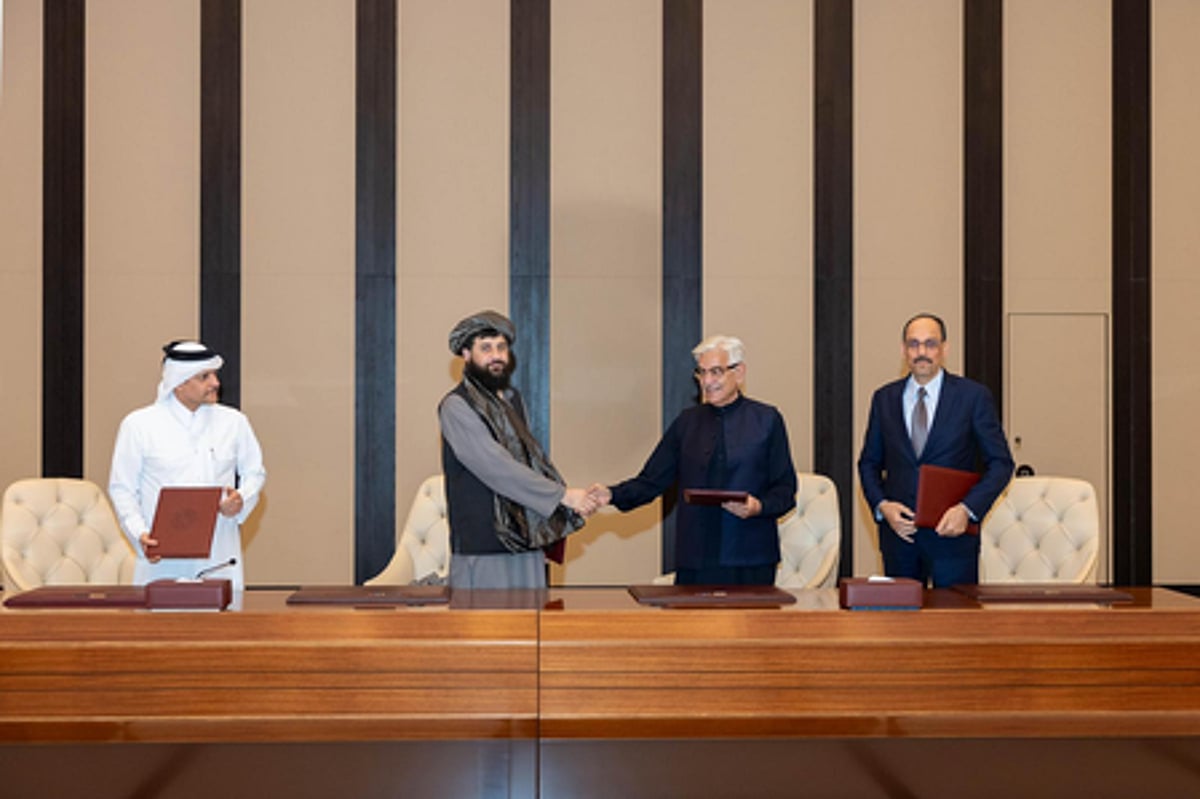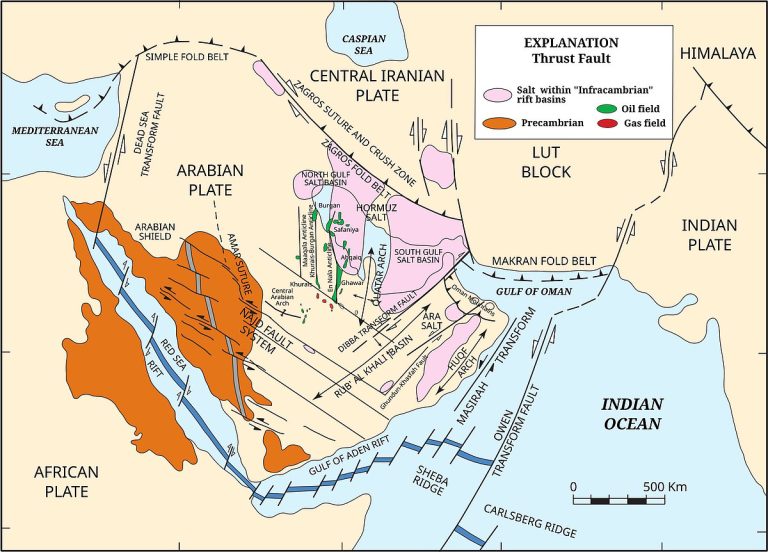Afghanistan and Pakistan Resume Ceasefire Talks in Turkey
Negotiators from Afghanistan and Pakistan are set to reconvene in Turkey on Thursday to discuss a ceasefire aimed at preventing further hostilities. This meeting comes in the wake of escalating tensions and violent clashes between the two nations, which have resulted in significant casualties and strained diplomatic relations.
Background of the Conflict
The relationship between Afghanistan and Pakistan has deteriorated over recent years, primarily due to accusations from Islamabad that Kabul is sheltering militant groups responsible for attacks within Pakistan. The Taliban government in Afghanistan has consistently denied these allegations. The most recent flare-up of violence occurred on October 9, when explosions in Kabul were attributed to Pakistan by the Taliban, leading to retaliatory military actions along the border.
The clashes that followed resulted in the deaths of over 70 individuals, including civilians, and left hundreds injured. In response to this violence, both countries agreed to a ceasefire on October 19, facilitated by Turkey and Qatar, although the specifics of the agreement remain unresolved.
Recent Developments in Negotiations
Last week, a tense round of discussions in Istanbul concluded with an agreement to extend the ceasefire and reconvene for further talks. While the leadership of the delegations has not been disclosed, Turkey has emphasized the establishment of a “monitoring and verification mechanism” to ensure compliance and address violations.
Negotiators are expected to focus on the details of this mechanism and other critical aspects of the ceasefire’s implementation. However, deep-seated mistrust persists, with both sides accusing each other of insincerity and threatening to resume hostilities if the truce fails.
Underlying Issues
The core of the ongoing dispute lies in mutual security concerns that have plagued relations since the Taliban’s return to power in Afghanistan in 2021. Pakistan demands that Afghanistan cease its support for the Pakistani Taliban and other militant factions that allegedly use Afghan territory for cross-border attacks. Conversely, Afghan officials accuse Pakistan of violating their sovereignty through military strikes.
The closure of the border between the two countries has exacerbated economic hardships for traders on both sides, further complicating the situation.
FAQs
What are the main reasons for the tensions between Afghanistan and Pakistan?
The tensions stem from accusations by Pakistan that Afghanistan harbors militant groups responsible for attacks in Pakistan, while Afghanistan accuses Pakistan of violating its sovereignty through military actions.
What was the outcome of the recent negotiations in Istanbul?
The recent negotiations resulted in an agreement to extend the ceasefire and establish a monitoring mechanism to ensure compliance, although specific details are still being discussed.
How has the closure of the border affected trade?
The closure of the border has led to significant economic losses for traders in both Afghanistan and Pakistan, impacting livelihoods and commerce in the region.
Conclusion
The resumption of ceasefire talks in Turkey represents a critical opportunity for Afghanistan and Pakistan to address their longstanding grievances and prevent further violence. As negotiations progress, the focus will be on establishing trust and effective mechanisms to uphold peace, which is essential for stability in the region.
The historical context of Afghanistan-Pakistan relations is marked by a complex interplay of ethnic, political, and territorial disputes. The Durand Line, drawn in 1893, remains a contentious border, with various ethnic groups straddling both sides, leading to claims of shared heritage and grievances. This division has fueled nationalistic sentiments and has often been a flashpoint for conflict, complicating diplomatic efforts.
In addition to the immediate security concerns, both nations face broader challenges, including economic instability and humanitarian crises. Afghanistan, under Taliban rule, is grappling with international isolation and a dire humanitarian situation exacerbated by sanctions and a lack of foreign aid. Pakistan, on the other hand, is dealing with its own economic difficulties, which have been intensified by the influx of Afghan refugees and the need for border security. These intertwined issues underscore the urgency for both governments to find common ground and work towards a sustainable resolution that addresses not only the ceasefire but also the underlying causes of their discord.
Also Read:
UAE Calls for Humanitarian Truce and Ceasefire in Sudan







